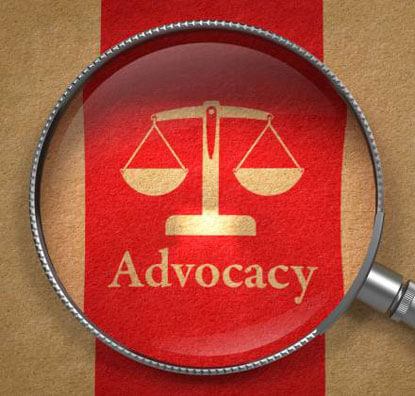Law professor Jeffrey Fisher and students from Stanford University celebrated a recent ruling by the U.S. Supreme Court regarding the history of digital privacy rights, according to The San Jose Mercury News.
The students, as part of the school’s U.S. Supreme Court Litigation Clinic, pulled an old case from California. The case involved a convicted San Diego gangster. The ruling from the court said that police cannot search cellphones without having a warrant.
This allows for inmate David Leon Riley to possibly have a new trial, it creates strict privacy boundaries and much more.
Fisher argued the case in the Supreme Court.
“It’s funny how the Supreme Court reaches down and picks this case and for years and decades David Riley’s name will be attached to this issue,” said Fisher, according to the San Jose Mercury News.
Riley’s case began in 2009 when a shooting involving the Crips street gang occurred. The Crips were accused of the shooting, which targeted an occupied car. Riley was stopped by police two weeks later. The police found two handguns associated with the crime. The police searched his cellphone after confiscating it. This led to the review by the Supreme Court.
Evidence from the search of the phone was used against Riley that put him close to the shooting scene. The evidence was used to help convict Riley despite the objections of his defense attorney. Riley was sentenced to 15 years in prison.
The appeals lawyer for Riley, Pat Ford, said, “Most lawyers go through their entire career and never get a sniff at (getting the Supreme Court to take a case). It’s a lottery ticket for most of us.”
The clinic at the law school was created 10 years ago.
“This is one of the most important cases we’ve ever done,” said Fisher. “Unlike a lot of Supreme Court opinions, this one was pretty loud and clear. It wasn’t as much of a long shot as you’d think.”













































